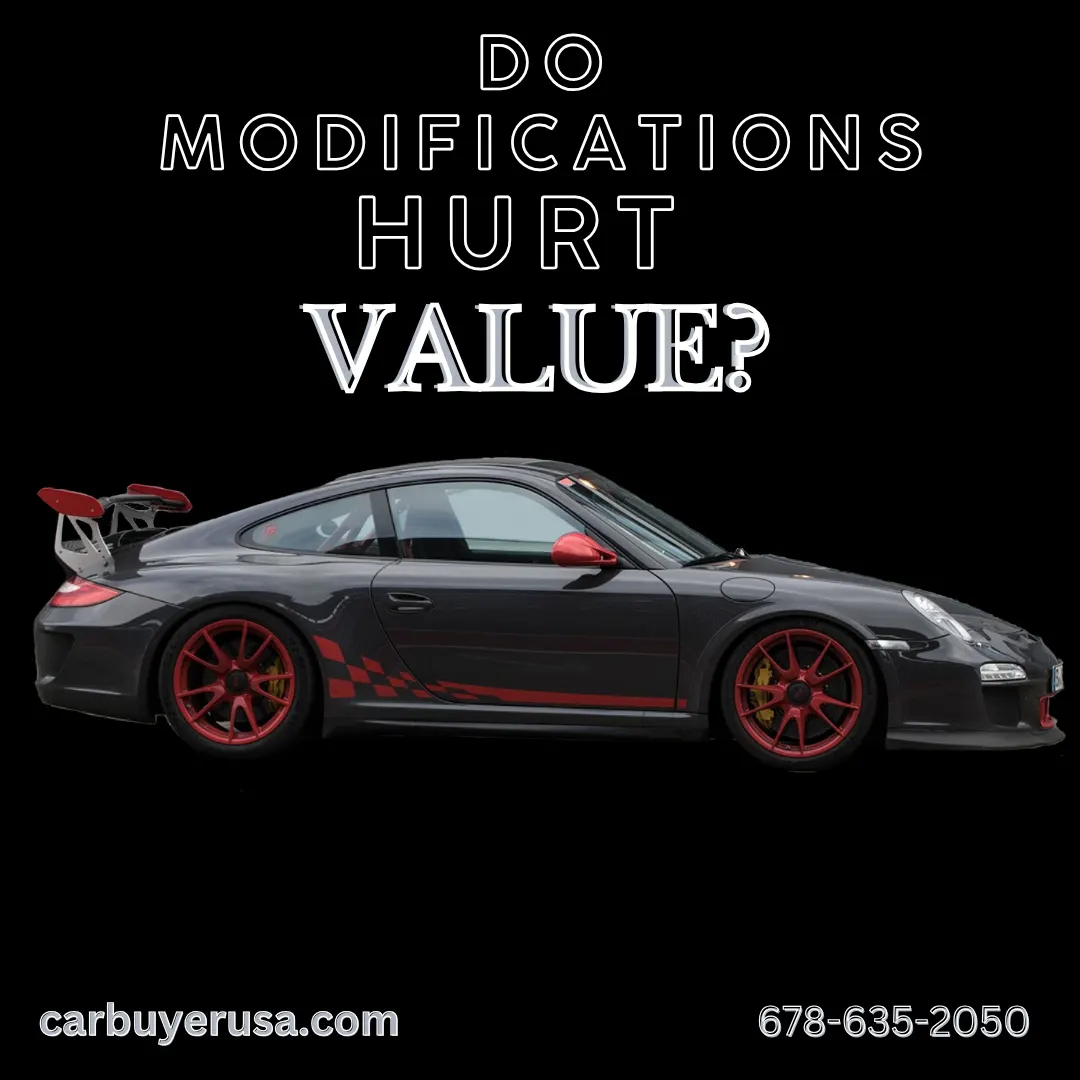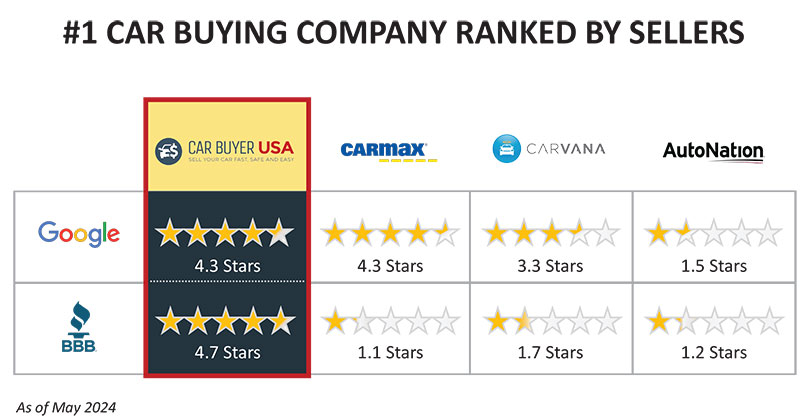
Custom modifications are a popular way for vehicle owners to personalize their cars and trucks, whether for aesthetic appeal, enhanced performance, or utility. From flashy paint jobs and aftermarket wheels to performance upgrades and suspension lifts, modifications allow owners to tailor their vehicles to match their unique tastes and needs. While these changes can add personal satisfaction, they can also significantly impact the resale value—both positively and negatively—depending on several factors.
The modifications often carry a subjective value. What one owner sees as an improvement might be undesirable to another. A neon green paint job or oversized spoilers, for example, may thrill the current owner but alienate the average buyer. This subjectivity often narrows the pool of potential buyers, which can lower the resale value and make it harder to sell the vehicle quickly.Performance upgrades, such as engine tuning, turbochargers, or custom exhaust systems, can also raise concerns for buyers. While these enhancements may improve speed or horsepower, they can also signal aggressive driving habits or put stress on the vehicle's mechanical components. Prospective buyers might worry about the long-term reliability of a heavily modified car, leading them to either negotiate for a lower price or avoid the purchase altogether.
Vehicles naturally depreciate over time, but custom modifications can either slow down or accelerate this trend depending on their quality. High-quality, professionally installed modifications with aftermarket parts from reputable brands may hold some value, especially for niche markets. A lifted truck with premium off-road components, for instance, may attract off-roading enthusiasts and retain more value compared to stock models. On the other hand, poorly executed or low-budget modifications can have the opposite effect. DIY modifications, mismatched paint, or ill-fitting aftermarket parts can diminish the vehicle’s perceived value. Buyers often worry about the costs and hassle of undoing these changes to restore the car to its original condition.
While custom modifications can alienate mainstream buyers, they may appeal to niche audiences willing to pay a premium. Car enthusiasts looking for performance vehicles or collectors seeking unique builds might value modifications that align with their preferences. A tuner car with well-documented engine upgrades or a Jeep Wrangler customized for off-roading could command a higher price within enthusiast circles. However, this specialized appeal comes with risks. Niche buyers are fewer in number, and sellers may need to invest time and effort to market their vehicles to the right audience. Not all modifications hold their value equally, as some trends can quickly go out of style, leaving the seller with a vehicle that feels outdated. One way to reduce the risks of customizations is to focus on reversible modifications. Items like aftermarket wheels, custom grilles, and performance tuners can often be removed or replaced with stock parts, allowing the vehicle to be returned to its original condition. This flexibility can help preserve the resale value while still allowing owners to enjoy their modifications.
Do be aware that custom modifications can be a double-edged sword when it comes to vehicle resale value. Certain upgrades may attract niche buyers or add perceived value, while others can alienate potential buyers or raise concerns about reliability. To maximize resale value, vehicle owners should prioritize high-quality, professionally installed, and reversible modifications. Understanding the market and balancing personalization with broader appeal is key to ensuring modifications don’t become a costly decision when it’s time to sell.
Be sure to see our informative article on car wraps! DON’T DO IT! Wraps impact value as well! Be the smart seller!!


